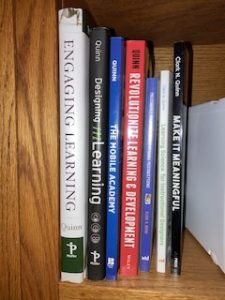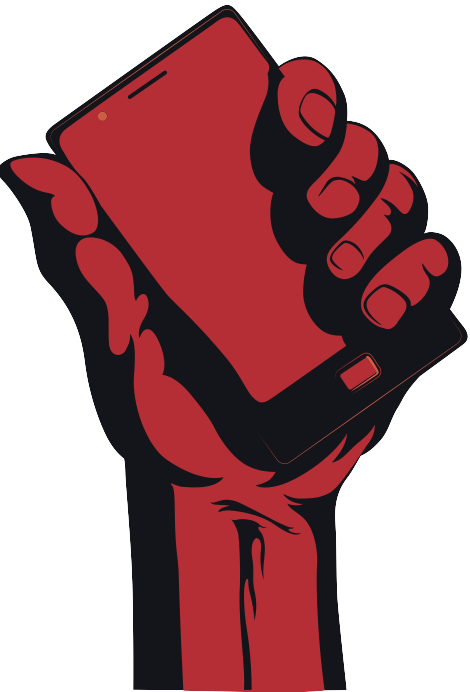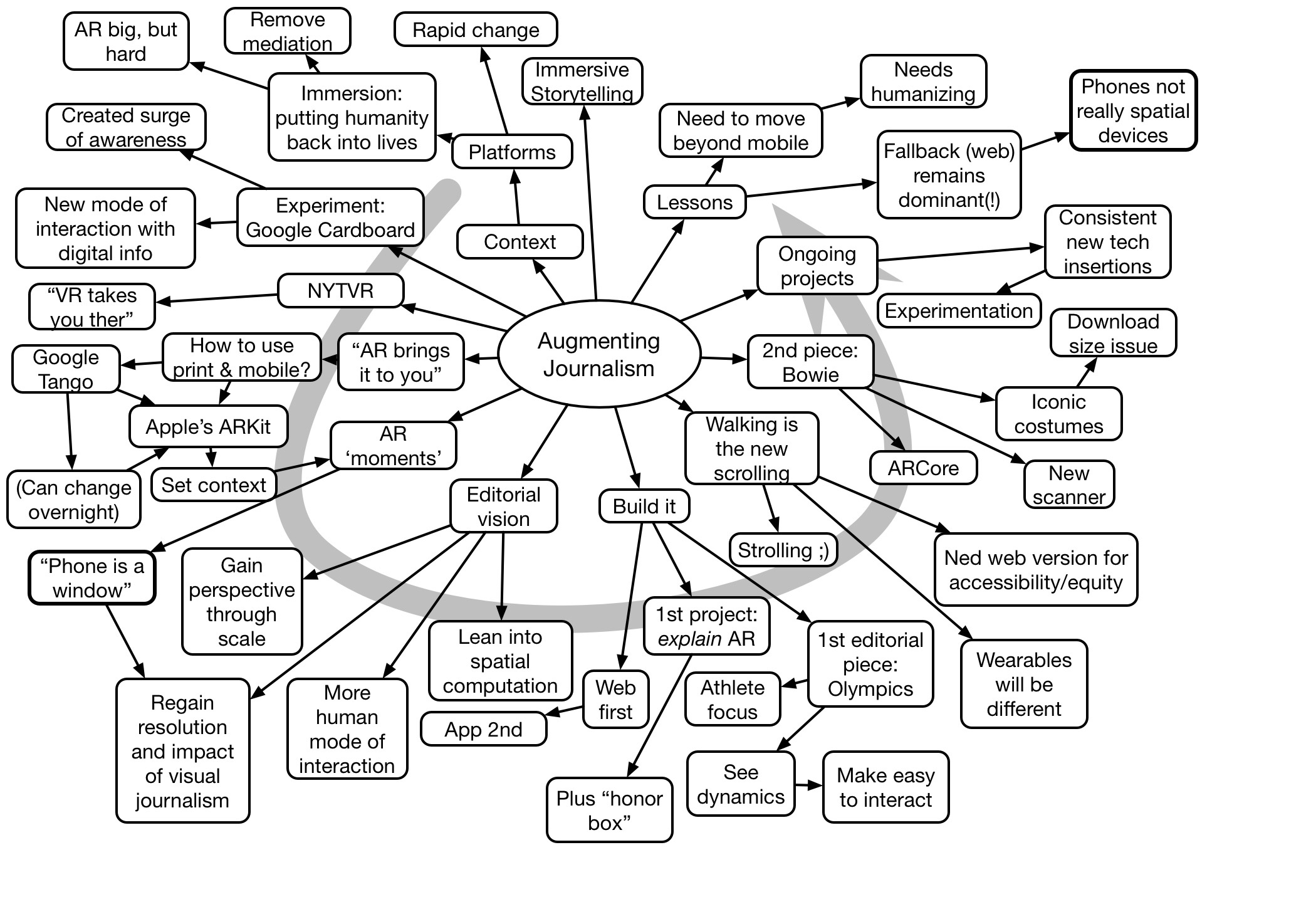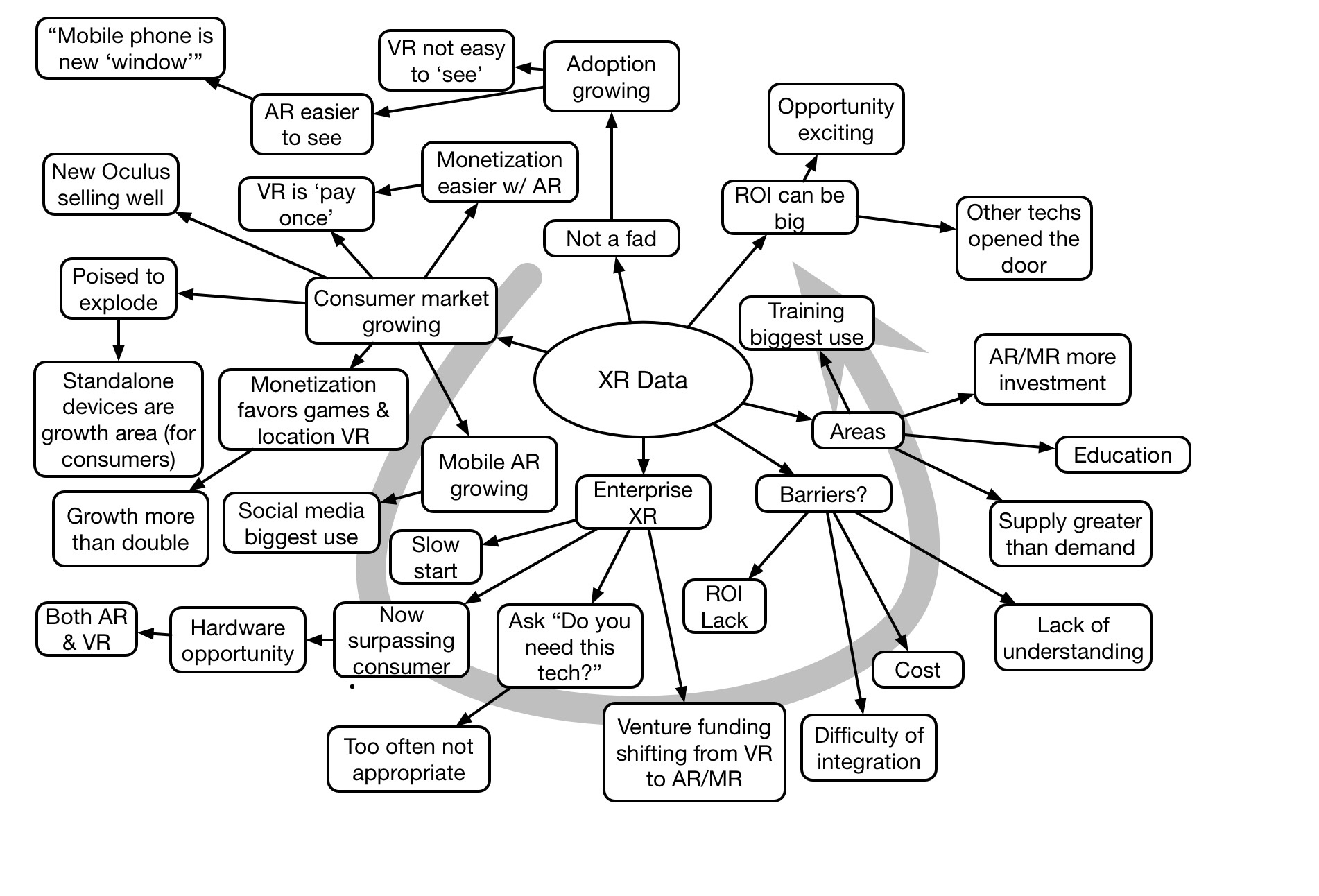Saw a post on LinkedIn from a colleague, ranting about how we are regularly putting old wine in new bottles. I do believe we’re getting deeper into design and strategy, but I also agree. Similarly, I’ve seen a regular feature on a newsletter talking about terms we can do without. So, I’m combining the two here. Not surprisingly, I’m channeling previous complaints (as a commenter made mention of), but this is the first time combining them into ideas we could do without.
Microlearning. As I’ve said before, the problem here is that there are regularly two things meant here: either spaced learning or performance support. Both are good things, but lumping them under one label constitutes a problem. For one, they have different design processes and goals, so using the same term for two different things risks confusion. I like the idea of emphasizing conciseness, but…we can call it minimalism, eh?
Workflow learning. This is problematic because it implies learning, yet, as I’ve repeated, you can’t learn ‘in the workflow’. My argument rests on the fact that learning is really action and reflection, and reflection breaks the workflow. I reckon this could be definitional, as some folks might argue that such reflection is part of the workflow, but like with microlearning, they’re also many times talking about performance support. So, it’s another term with wrong usage, or at least ambiguous provenance. Let’s talk performance support or learning from the workflow.
Mobile. This may seem odd, given that I’ve been talking and writing about mobile at least since my first book on the topic, more than a decade ago! (Notably, both books are now out of print. Indicative?) Yet, I still receive requests from developers to make my mobile apps (not what I do). Also, Google declared they were going ‘mobile first’ also over a decade ago. Really, mobile has kind of just merged into digital solutions, I would suggest. Sure, we get folks asking us to use the app, but that to me is frustrating. It shouldn’t matter whether I’m using the app or a website, I have the same goals, largely. Yes, there are some location-specific things, and we (still) aren’t taking advantage well of the contextual capabilities of mobile devices, but mobile is really moot. It’s about augmenting our thinking. And, separately, taking advantage of context.
Unlearning. I’m adding this after originally writing this, because it just emerged again, and literally two days after a really nice ‘takedown‘ by Tom McDowell, who’s developed a real capability for research translation. In short, our brains can’t unlearn. That is, we don’t forget things, so we need to really build a new, alternative response to a previously learned approach. Which means that solutions designed for ‘unlearning’ won’t achieve the necessary outcome. Thus, this isn’t just a nice shortcut, but instead creates impressions that can lead folks astray. Let’s dump the phrase completely. Please?
I’ll add a new one: AI. What?
AI. As I’ve mentioned, I’ve been a big fan of artificial intelligence (AI) for literally decades. So, why am I struggling? I admit I’m getting overwhelmed when people say “AI” and mean generative AI. Generative AI is, conceptually, a small subset of AI. Sure, it’s huge right now, but that’s largely hype driven by money. It’s not real in a meaningful sense. I wish people could and would be clear, like “I’m going to call it AI, but I’m talking about generative AI and large language models (LLMs) in particular.” Which kind of undermines the hype, but what’s wrong with that? (Except for the purveyors, of course.) Sure, we should be treating all our digital endeavors similarly in strategy, e.g. as Lori Niles Hoffman’s new book points out, but AI is just one of the tools we should be tapping into.
Do I think my rant will change anything? Of course not! There’s money to be made, after all. Also, no one pays much attention to my rants here anyway ;). Still, a chance to get this off my metaphorical chest. So those are my ‘ideas we could do without’. What are yours?



